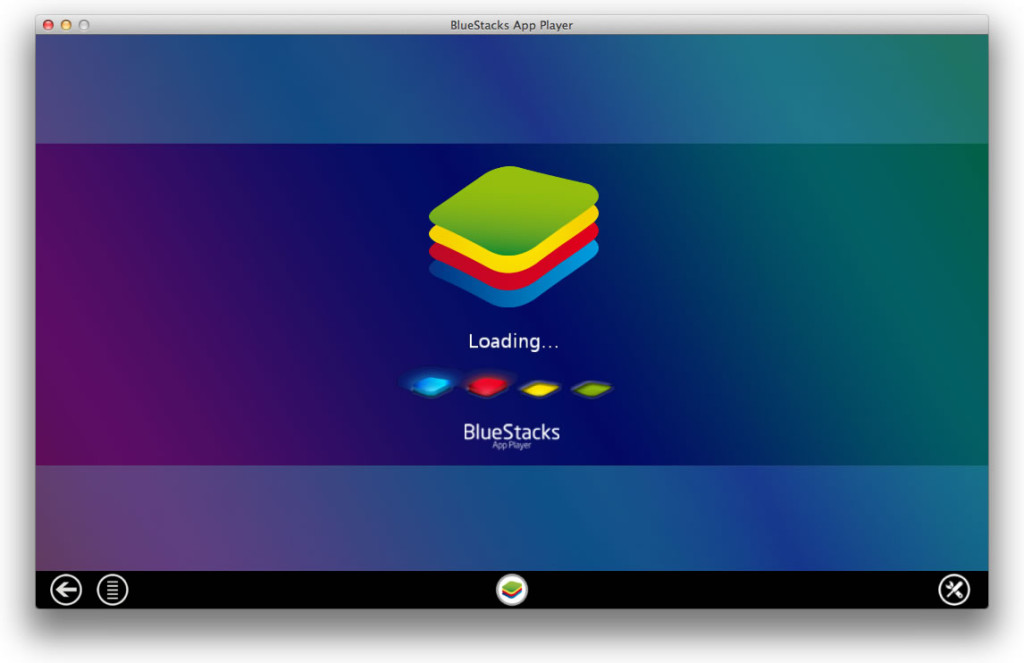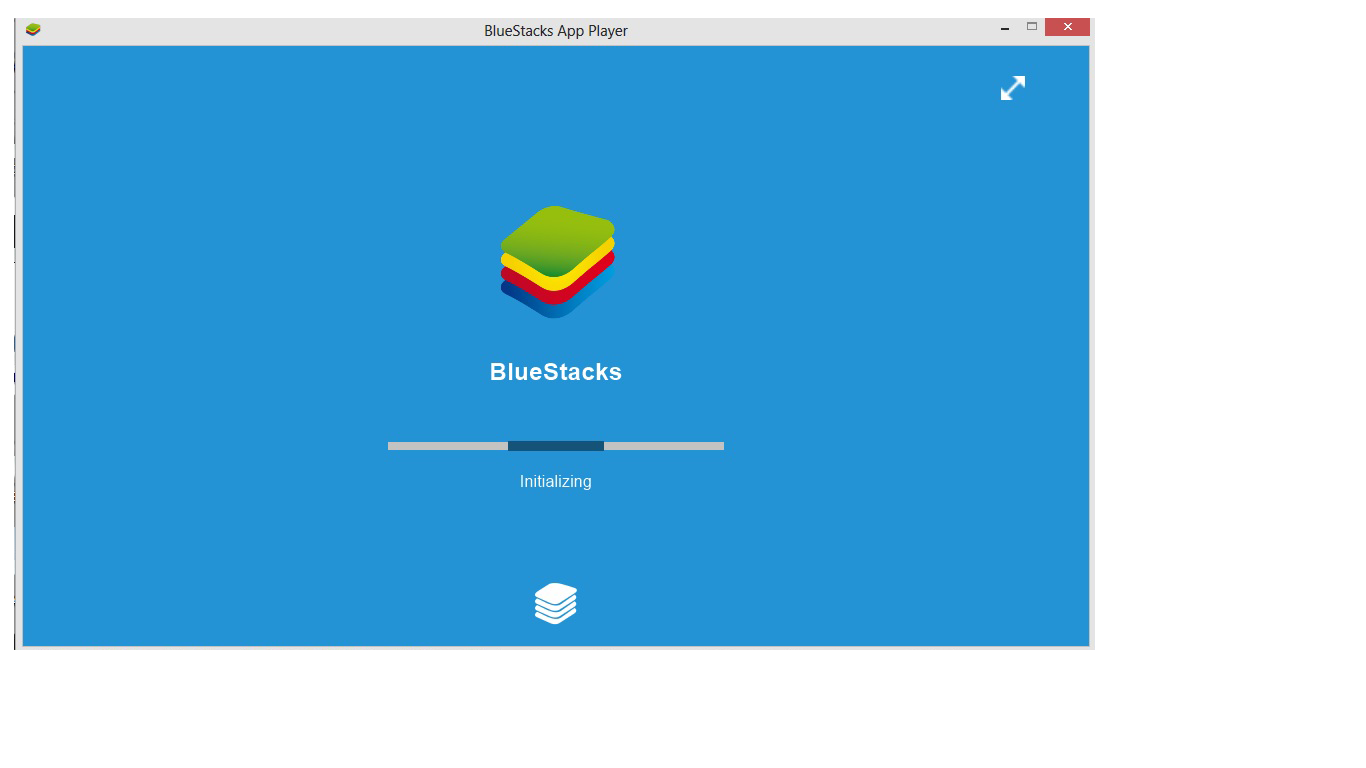

Now think about how many of those programs could be replaced with web-centric equivalents - and for any that absolutely couldn't, think about whether an Android app or Linux app could reasonably fill in the gap and serve as a suitable alternative.


Take a moment to think about what programs you use that are locally installed on your PC - things like word processors, email apps, image and video editing software, resource-intensive games, or specialty software related to your work. 2: Do you have specific local programs that you absolutely need, or could most of the things you do on a computer be accomplished with web-centric equivalents - along with Android and/or Linux apps to fill in any gaps? You aren't gonna be able to pull up a live version of a web page or download new messages, obviously, but aside from things that inherently require an active connection, there isn't a heck of a lot you'd want to do that wouldn't be possible. We'll talk more about those next.Īll in all, the truth is that for most people, using a Chromebook offline isn't terribly different from using a traditional PC offline. These days, you can add into that mix the sizable selection of Android, Linux, and in some cases even Windows apps that also run on ChromeOS devices and are designed to work equally well online or off. (You can browse through the "Offline" section of Google's Chrome Web Store for lots of examples.)Īnd that's just looking at web apps. In reality, tons of modern web apps work both online and off, including things like Gmail and Google Docs as well as calculators, calendars, news readers, and even streaming services. One of the most common lingering misconceptions about Chromebooks is that they're completely useless without an active internet connection. Now, it's important to note that just because something is "web-centric" doesn't necessarily mean you have to be online in order for it to work. In fact, there's a good chance it'd actually make things easier than what you're used to with a traditional PC setup (more on why in a minute). If the majority of your time is spent in a web browser - whether it's reading news stories, surfing social media, or using web-centric productivity services like Gmail and Google Docs - then ChromeOS would probably meet your needs just fine. Think carefully here, as the answer might surprise you: What do you do most often on a computer? 1: Do you spend most of your time using the web and web-centric services?


 0 kommentar(er)
0 kommentar(er)
